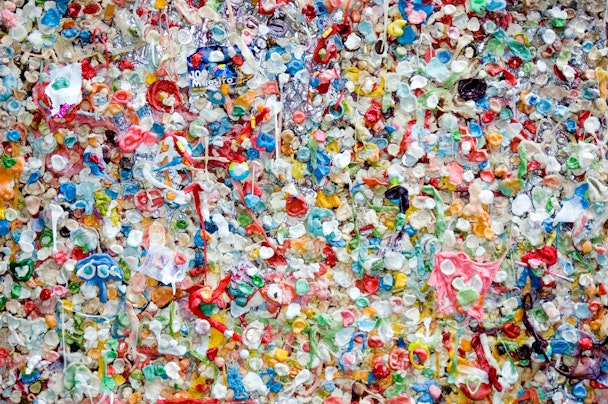Unilever and Coke among high-polluting brands calling for pact on plastic pollution
Major international brands including Coca-Cola, PepsiCo and Unilever are among the 70 signatories of a joint letter calling for a UN treaty to tackle plastic pollution.

Coca-Cola, PepsiCo and Unilever are among the world’s biggest plastic polluters
Already backed by two-thirds of UN member states, the ambitious treaty is based on a circular economy model that would require governments to align on regulatory measures that cover the whole life cycle of plastics, not limiting the scope of negotiations to address waste management challenges only.
It would also include cuts to plastic production – a key growth area for the oil industry.
In a joint business statement, the co-signatories announced that they recognize the role they must play in addressing the issue of plastic pollution, and called for a harmonized regulatory standard that will hold them accountable for their own in-house standards.
The announcement comes despite Coca-Cola, PepsiCo and Unilever being named the world’s top three plastic polluters by Break Free From Plastic’s 2021 global brand audit report.
The business statement further acknowledges that while “plastic plays an important role in our lives and brings many benefits, despite ongoing efforts much of it ends up as waste in incinerators, landfills and the environment.”
Therefore, it is calling for an international response to tackle the issue through “a circular economy for plastics that will contribute to the efforts to tackle climate change and biodiversity loss, while bringing positive social and economic impacts.”
How would the treaty achieve this?
The business statement urges UN Member States to establish an Intergovernmental Negotiating Committee at UNEA 5.2 to develop an ambitious international, legally-binding instrument on plastic pollution that:
-
Includes both upstream and downstream policies, aiming to: keep plastics in the economy and out of the environment, reduce virgin plastic production and use, and decouple plastic production from the consumption of fossil resources.
-
Sets a clear direction to align governments, businesses and civil society behind a common understanding of the causes of plastic pollution and a shared approach to address them. For companies and investors, this creates a level playing field and prevents a patchwork of disconnected solutions, while setting the right enabling conditions to make a circular economy work in practice and at scale.
-
Provides a robust governance structure to ensure countries’ participation and compliance, with common definitions as well as harmonized standards applicable to all. This facilitates investments to scale innovations, infrastructures and skills in the countries and industries most in need of international support.
Despite its status as a major plastic polluter, last week a key Unilever investor slammed the brand for its “obsession with publicly displaying sustainability credentials at the expense of focusing on the fundamentals of the business.”
Yet according to a study by Dentsu International and Microsoft Advertising, 59% of consumers say they’ll boycott brands that don’t address the climate emergency.

